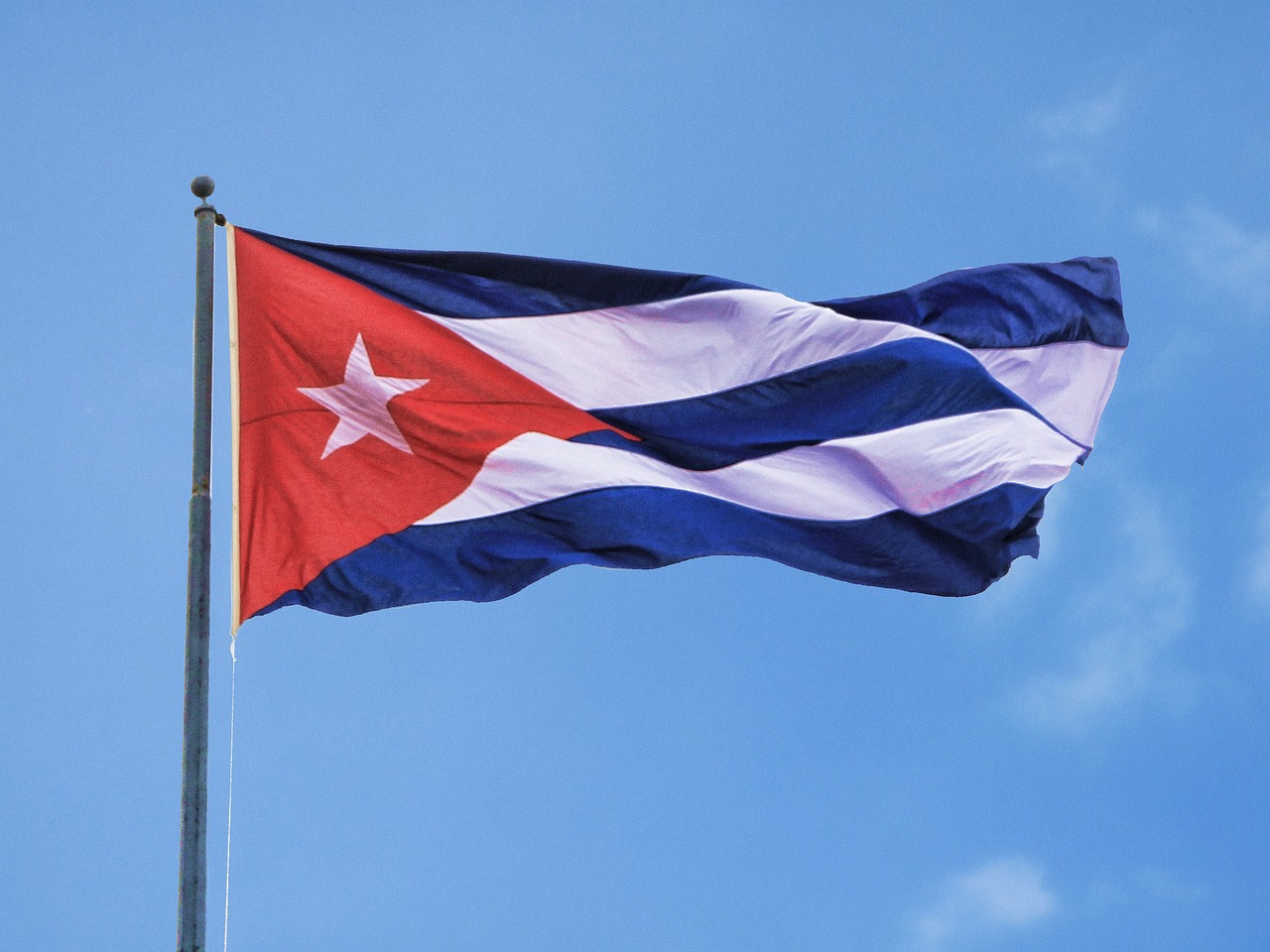
We are happy to report that the August Visa Bulletin has been released!
As we do every month, we share what you can expect to see in the upcoming month’s visa bulletin for family-sponsored and employment-based preference categories to help you prepare for your immigrant visa filing at a U.S. Consulate overseas, or your green card filing for those residing in the United States.
Highlights of the August 2023 Visa Bulletin
Employment Based Categories
Final Action cutoff dates – Retrogressions in August:
- EB-1 India will retrogress by more than 10 years to January 1, 2012, in August 2023. The State Department indicates that depending on usage in the category and on the FY 2024 annual numerical limit, it is likely that in October 2023 the cutoff date will return to at least February 1, 2022
- EB-1 Worldwide, China: The State Department has imposed a final action cutoff date for EB-1A Worldwide for all countries except China, at August 1, 2023. The EB-1 China Final Action Date will remain at February 1, 2022.
- EB-2 Worldwide, China: EB-2 China will advance by one month, to July 8, 2019. The Final Action Date for EB-2 India will remain at January 1, 2011. The EB-2 Worldwide Final Action Date will advance by six weeks, to April 1, 2022 for all other countries.
- EB-3: The Final Action Date for EB-3 China Professional/Skilled Worker will advance by two months, to June 1, 2019. EB-3 India Professional/Skilled Worker will remain at January 1, 2009. For all other countries, the EB-3 Professional/Skilled Worker Final Action Date will retrogress by almost two years, to May 1, 2020.
Family-sponsored categories
Dates for Filing cutoff dates – Advancements in August:
- F-1 Mexico will advance by 2 years and 3 months to April 1, 2005 from January 1, 2003
- F2A will remain current for all categories
- F2B Mexico will advance by 2 years and 4 months to August 1, 2004 from April 1, 2002
What is the Visa Bulletin?
The Department of State releases the visa bulletin on a monthly basis, which summarizes the availability of immigrant visa numbers for that particular month in the employment and family preference categories.
Adjustment of Status Filing Chart August 2023
The U.S. Citizenship and Immigration Services (USCIS) has published guidance indicating that USCIS will accept employment-based adjustment of status applications from foreign nationals with a priority date that is earlier than the Final Action Dates listed in the State Department’s August 2023 Visa Bulletin.
For family-sponsored filings, USCIS will accept adjustment of status applications from foreign nationals with a priority date that is earlier than the Dates for Filing listed in the State Department’s August 2023 Visa Bulletin.
You may also find the Adjustment of Status USCIS Filing Charts here:
August 2023 Visa Bulletin Dates for Filing Cutoff Dates
Employment-Based Categories
FINAL ACTION DATES FOR EMPLOYMENT-BASED PREFERENCE CASES
According to the Department of State’s August 2023 Visa Bulletin, the following Final Action cutoff dates will apply for employment-based categories, which will determine whether an adjustment of status application can be filed with USCIS in the month of August:
- EB-1: China remains unchanged at February 1, 2022. India will retrogress by 10 years and 1 month, to January 1, 2012. All other countries will receive a final action cutoff date of August 1, 2023.
- EB-2: India will remain at January 1, 2011. China will remain by 1 month to July 8, 2019. All other countries will advance by 6 weeks to April 1, 2022
- EB-3 Professionals and Skilled Workers: India will remain at January 1, 2009. China will advance by 2 months to June 1, 2019. All other countries will retrogress by 1 year and 9 months to May 1, 2020.
- EB-3 Other Workers: India will remain at January 1, 2009, China will remain at September 1, 2015. All other countries will remain at January 1, 2020.
- EB-4: All countries will remain at September 1, 2018.
- EB-5: For the EB-5 Unreserved categories (C5, T5, I5, and R5), India will remain at April 1, 2017, and China will remain at September 8, 2015. All other countries will remain current. The EB-5 “Set-Aside” categories (Rural, High Unemployment, and Infrastructure) will remain current.
Continue reading
 Visa Lawyer Blog
Visa Lawyer Blog










